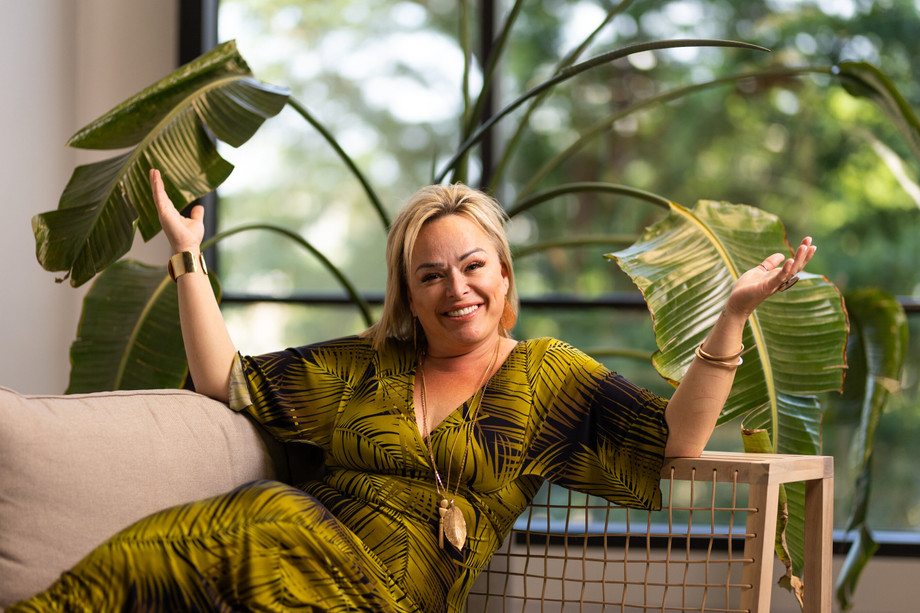Today, let's chat about something that really matters – mental health support for survivors. I've got your back, and I'm here to share some down-to-earth insights on the psychological effects of domestic abuse and the incredible resources available to help you or someone you care about.
Understanding the Impact
So, picture this: life after surviving domestic abuse. It's a journey, and emotions can be all over the place. You might be wondering, "Am I okay?" Spoiler alert: It's okay not to be okay, and you're not alone in feeling that way.
Domestic abuse leaves more than just physical scars; it can really mess with your head. Anxiety, depression, and even post-traumatic stress disorder (PTSD) can sneak into your life like unwanted guests. It's crucial to acknowledge these emotional hurdles and give yourself the grace to heal.
You're Not Alone – Let's Talk Resources
Now, let's dive into the good stuff – the mental health resources that can make a world of difference. Because, guess what? There's a whole team of professionals out there ready to help you reclaim your happiness and mental well-being.
- Therapy That Fits You: Therapy isn't one-size-fits-all, and that's the beauty of it. Whether it's traditional talk therapy, art therapy, or even online counseling, there's a therapy style that suits your groove.
- Support Groups – Real Talk: Talking to folks who get it can be incredibly empowering. Support groups, either in-person or virtual, connect you with others who have walked a similar path. Sharing stories, victories, and challenges – it's like having a virtual squad cheering you on.
- Hotlines – A Lifeline When You Need It: Sometimes, you just need to talk, and hotlines are there for precisely that. Reach out to a local mental health hotline or a national helpline. They're available 24/7, ready to lend a listening ear.
- Mindfulness and Self-Care: Taking care of your mental health is an ongoing process. Incorporate mindfulness techniques, meditation, or even a simple self-care routine into your daily life. Little acts of self-love go a long way.
So, my lovely readers, remember this: you're stronger than you know, and there's help when you need it. Domestic abuse might leave a mark, but it doesn't define you. Reach out, lean on those who care, and take one step at a time towards healing.
In the grand journey of life, mental health is your greatest asset. Let's not just survive; let's thrive together. You've got this!

